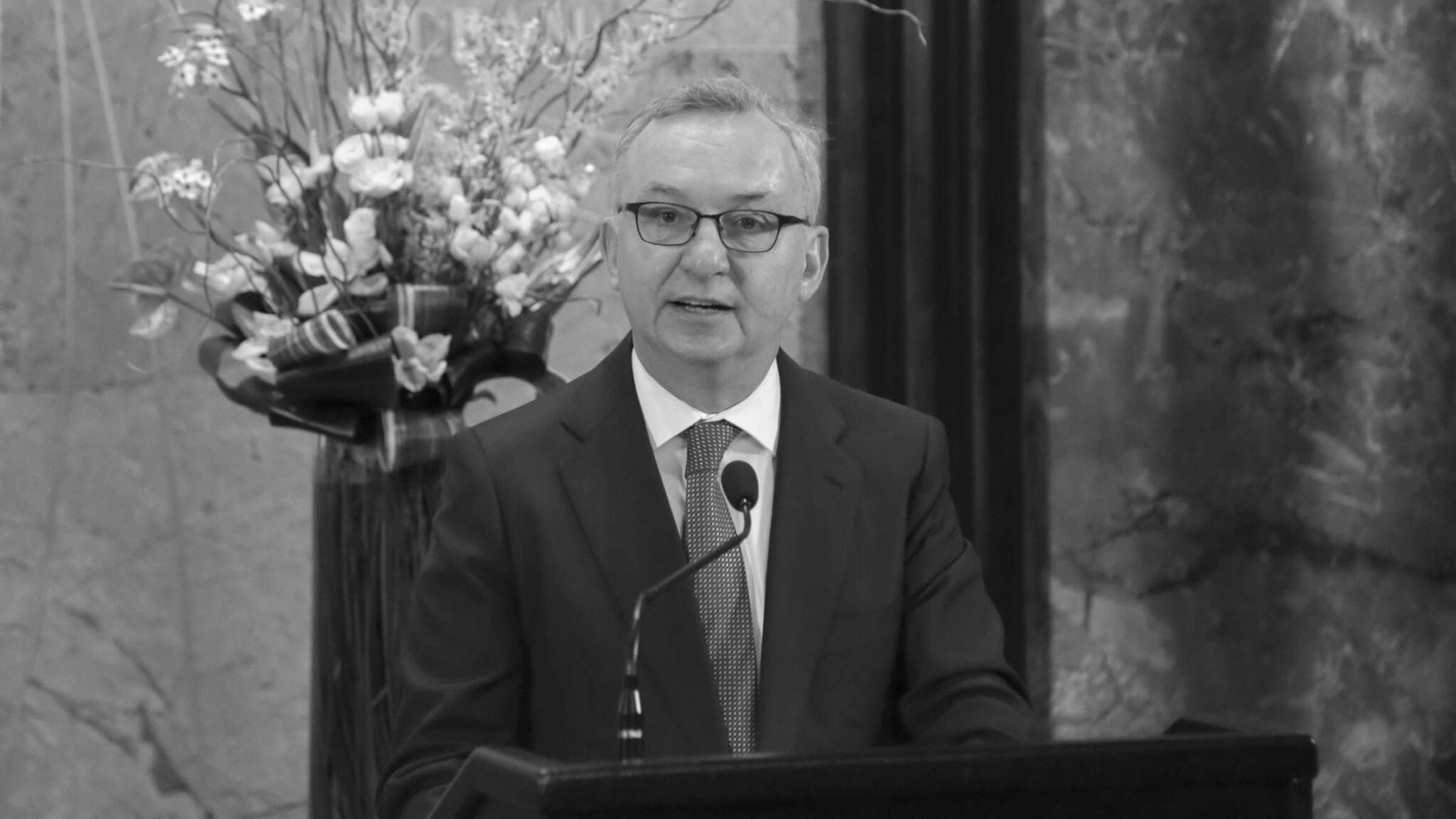
José Baselga (Getty Images)
José Baselga, acclaimed drug hunter, physician and AstraZeneca's pioneering cancer R&D chief, has died
José Baselga, the brilliant oncology R&D chief at AstraZeneca and a towering figure in cancer drug development who had earlier been chief medical officer at …
Sign up to read this article for free.
Get free access to a limited number of articles, plus choose newsletters to get straight to your inbox.